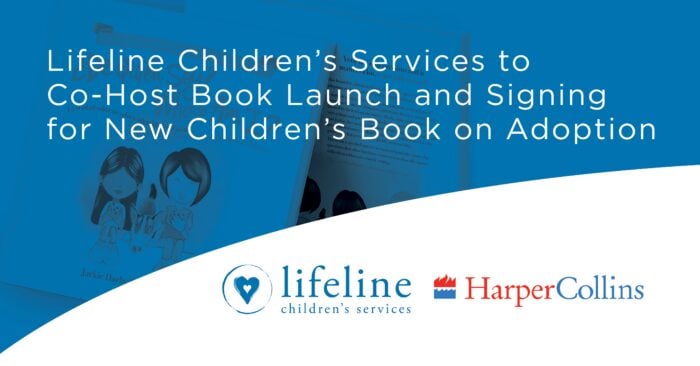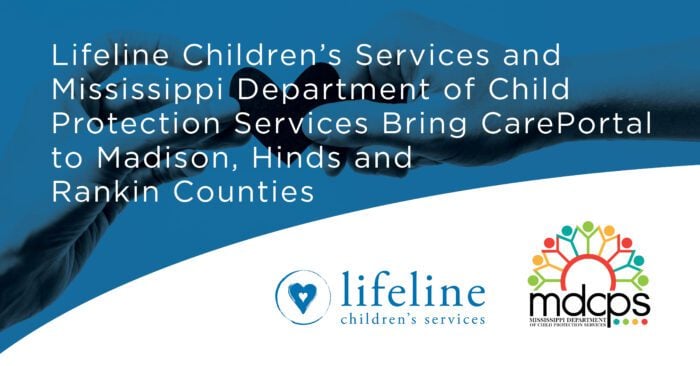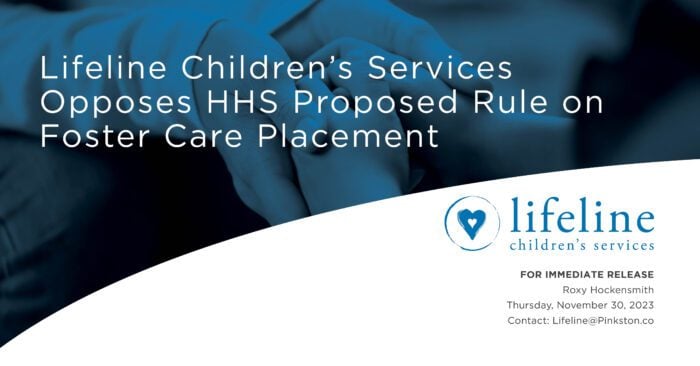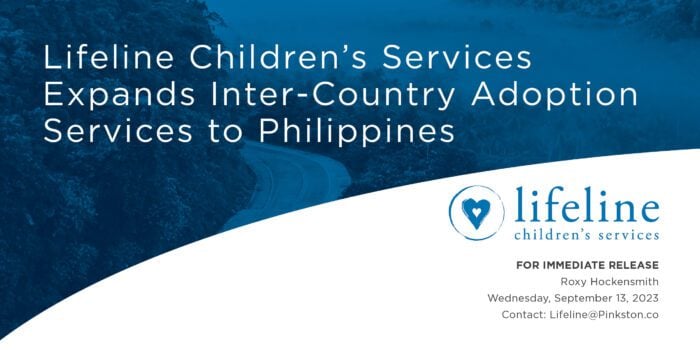The idea and severity of a crisis is very subjective depending on the individual.
Many post-adoption or foster families consider a serious crisis to be an incident that involves a threat to safety or well-being, a loss as a result of death or separation, extreme conflict between members of the family unit, or major health issues including mental health. The response to a crisis is not a “one-size-fits-all approach”; assessing a situation and offering specific assistance as needed is imperative for effective assistance. Also note that priorities often change depending on the type of crisis.
The following suggestions will offer some general guidelines for responding to a crisis; however, remember to always apply flexibility and modify approaches when suitable:
Restore Safety and Security: Assess the immediate damages created by the crisis and re-establish a safe and stable environment. This may mean relocating to a different physical place or removing yourself away from someone or something perpetuating the crisis for a period of time. Restoring safety may also require more of a mindset change to actually feel safe again, which can be achieved through spiritual and emotional healing.
Stabilize: What are things you can control? Because a crisis typically takes us off course, evaluate how you can get back to some sort of normalcy following a crisis. This step may be as simple as having scheduled meal times or returning to work or school. Allow time to grieve if applicable, but seek help if you find yourself in despair, self-pity, or unresolved grief.
Self-care: Determine what your current needs are and be proactive in restoring your own personal balance. A crisis is a great time to accept help from your support system and allow others to pour into you and those closest to you. This is the time to be flexible, kind, and gracious with yourself. You may need to simplify life or overlook unimportant details, but your overall health and peace of mind is well worth it.
Coping Skills: Think of ways to be positive by remembering what has worked in the past. Explore your options and engage in fun, healthy activities that help you to be calm and relax. Some ideas are prayer, taking a walk or another form of exercising, listening to music, journaling, getting a massage, taking a warm bath, or talking to someone you trust.
A crisis is never meant to be handled alone. These are times when we often need community and professional help. Lifeline walks beside our families in all processes of adoption and foster care to ensure that our families have the resources they need to travel the difficult roads ahead of them, no matter what they are. When your family is encountering a crisis, whether big or small, contact us so that we can support each family member and his or her needs through appropriate resources, motivated by the love of Christ.




